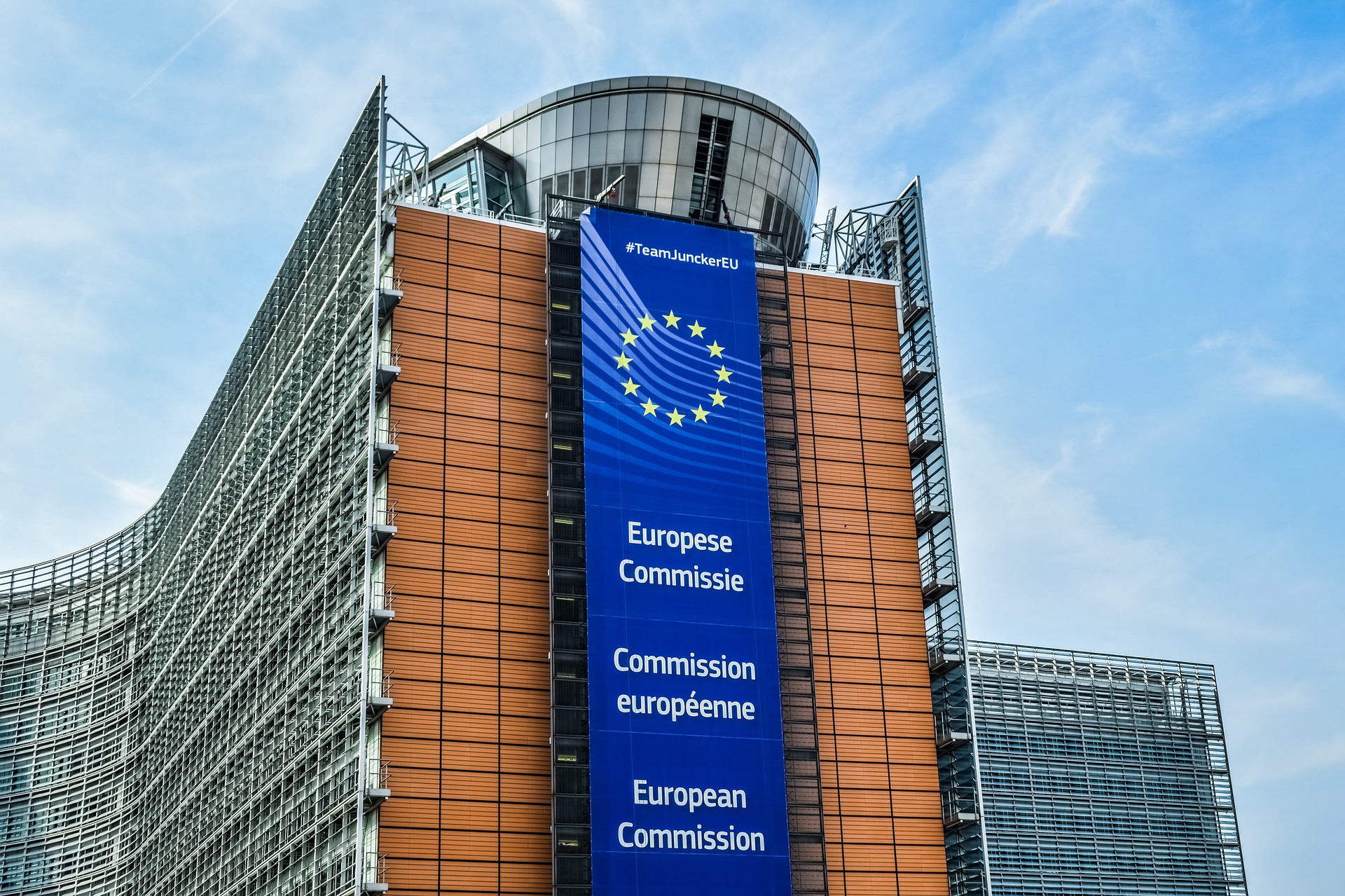
EC proposes to delay implementation of the VAT e-commerce Directive
15 June 2020| CATEGORIES: e-Commerce, Tax, VAT| TAGS: e-commerce, VAT
The European Commission has decided to postpone the entry into force of the VAT e-commerce Directive to take account of the difficulties that businesses and Member States are facing due to the Coronavirus crisis. The Commission has proposed to postpone the introduction of the VAT e-commerce package by 6 months. These rules will now apply from 1 July 2021 instead of 1 January 2021.
What changes are being delayed?
The 2021 VAT e-commerce package changes affected by delay include:
- Businesses operating electronic interfaces, e.g. marketplaces or platforms will, in certain circumstances, be deemed for VAT purposes to be the supplier of the goods sold to customers in the EU by companies using the marketplace or platform. As a result of this they will be responsible for collecting and paying the VAT due on the sales.
- Extension of the Mini One Stop Shop (MOSS) to the One Stop Shop (OSS) to all types of cross-border services to final consumers in the EU.
- The Union OSS scheme will also be extended to all types of B2C services as well as to intra-EU distance sales of goods and certain domestic supplies facilitated by electronic interfaces (subject to a EUR10,000 threshold). The current distance selling thresholds will be abolished.
- The introduction of an import OSS scheme covering distance sales of goods imported from non-EU countries to customers in the EU up to a value of EUR150. The current VAT exemption for goods in a small consignment of a value of up to EUR22 will be abolished.
- Where the import OSS is not used, a second simplification mechanism will be available for imports. Import VAT will be collected from customers by the customs declarant (e.g. postal operator, courier firm etc.) which will make payment to the customs authorities via a monthly payment.
Both the European Parliament and the Council have been informed about these proposals. The Commission counts on both institutions to adopt these proposals as soon as possible to provide legal certainty to all stakeholders.
Update: On 24th June 2020 the Council of the European Union agreed to the postponement. See here for further information.
Why are the changes being introduced?
The new OSS schemes mean businesses will benefit from a reduction in cross-border VAT compliance costs which will facilitate greater cross-border trade. Additionally, the abolition of the low value goods consignment relief will enable EU Businesses to compete on an equal footing with non-EU businesses that are not currently charging VAT.
Member States are expected to gain from an estimated increase in VAT revenues of EUR 7 billion annually.
Please get in touch with us if you would like further information regarding these VAT changes.
